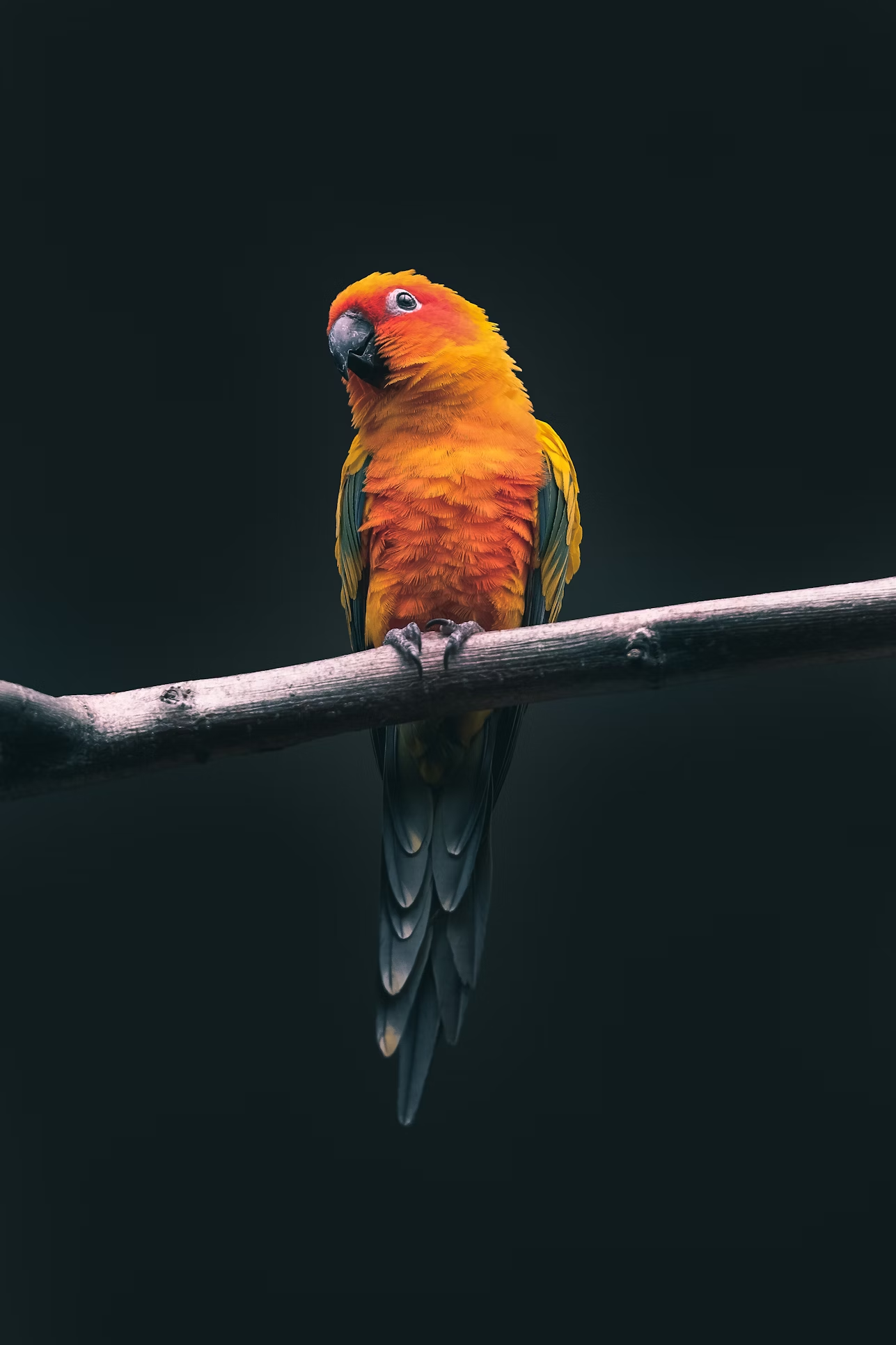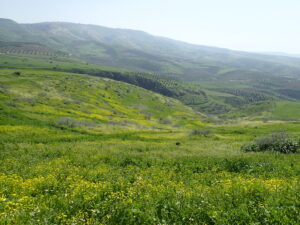HISHAM BUSTANI interviews HAIDAR HAIDAR
Translated by RAED RAFEI

Nothing parallels the effect left by the nightmarish atmospheres in the writings of Haidar Haidar. His novels and stories drill deep into our illusory serenity: a serenity we often use to trick ourselves into continuing our lives even when surrounded by death, destruction and injustice. Despite changing times, Haidar has not been defeated by censorship—either imposed by others or himself. He has kept a fierce, critical distance from all sides: the dictatorship of the ruling regime in his country of Syria; the dictatorship of public taste and “conventions”; the oppression of dogmatic ideology and the ruling party; the tyranny of power derived from religion. The literary “School of Haidar Haidar” is not dystopian but one that considers our reality to be far more miserable than any dystopia. Art is realized through the transformation of this reality from inside out, and by directly confronting decay with creative and avant-garde writing forms.
Haidar Haidar was born in the village of Hussein al-Baher on the Syrian coast. He taught Arabic in Annaba, Algeria, then settled in Beirut where he worked in publishing. At the start of the Lebanese civil war he joined the Palestinian resistance movement—when the resistance left Beirut in 1982, he moved to Cyprus to work as a Culture Editor of Al Mawqef al-Arabi (The Arab Stance) and Sawt al Bilad (The Voice of the Homeland). In 1985, Haidar Haidar returned to his hometown, and has remained there since. He has written seventeen books of fiction, short fiction, essay, and biography. His short story “The Silence of Fire” appears in Issue 17 of The Common.
Hisham Bustani, Arabic Fiction Editor of The Common, spoke with Haidar this year about nightmare visions, Palestinian resistance, the migrations that have carried Haidar “through deserts, cities and seas” back to childhood, and “boldness… always boldness.” This interview is translated from the Arabic by Raed Rafei.
*














